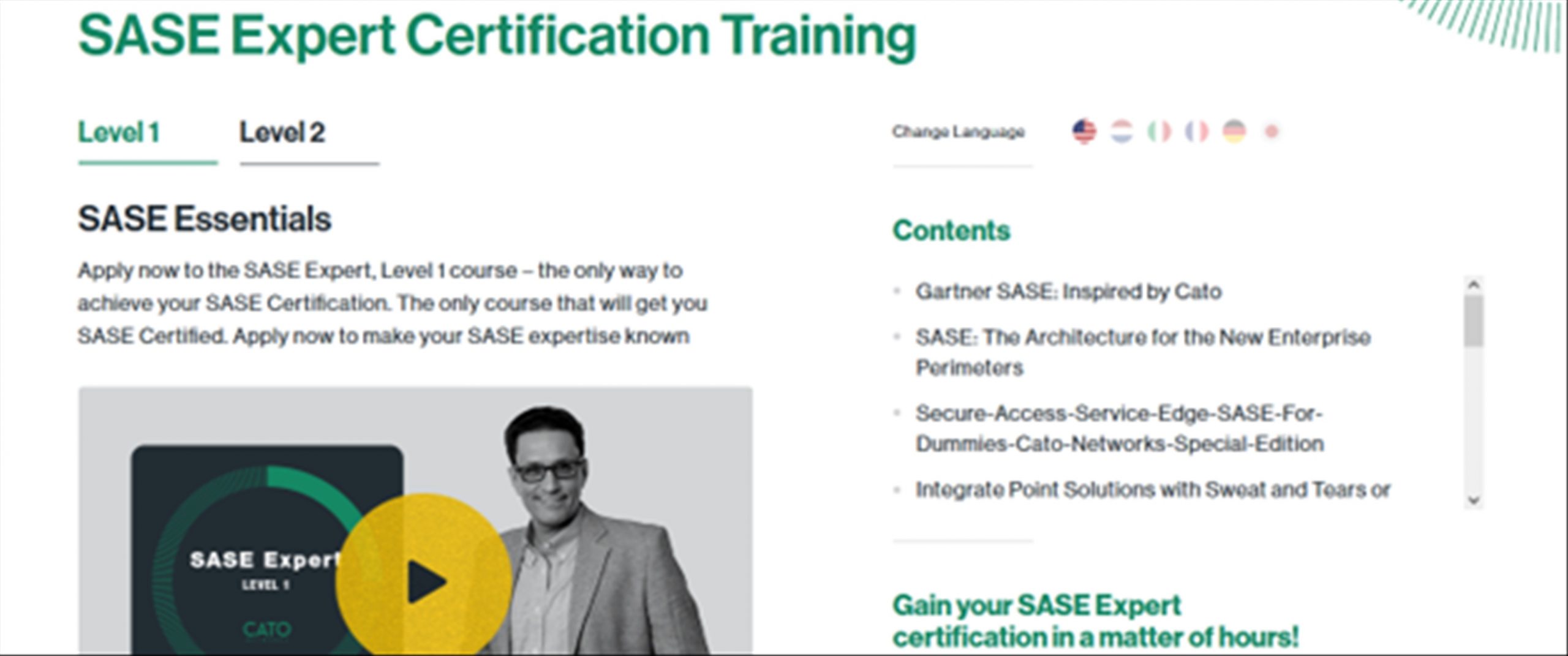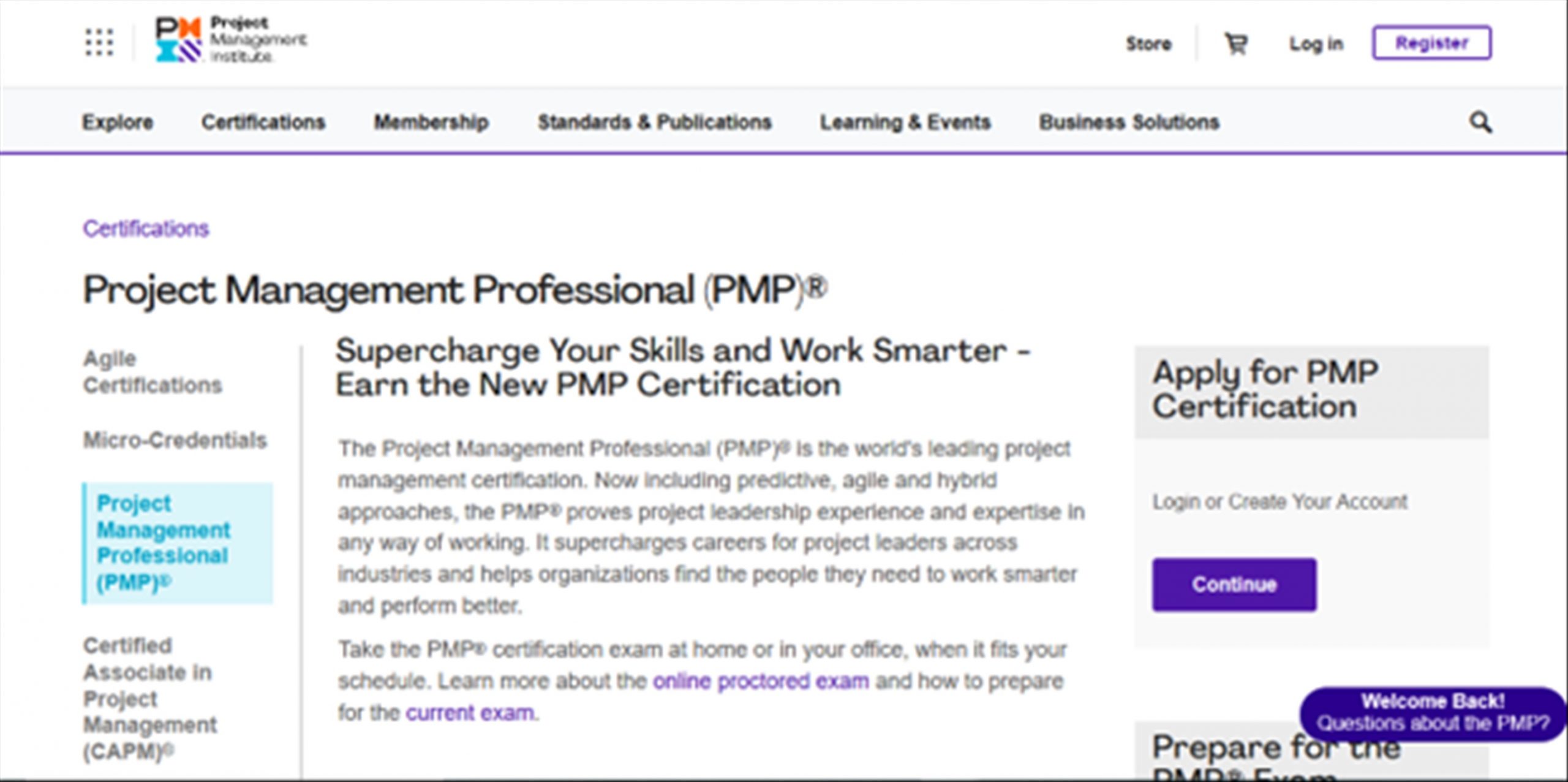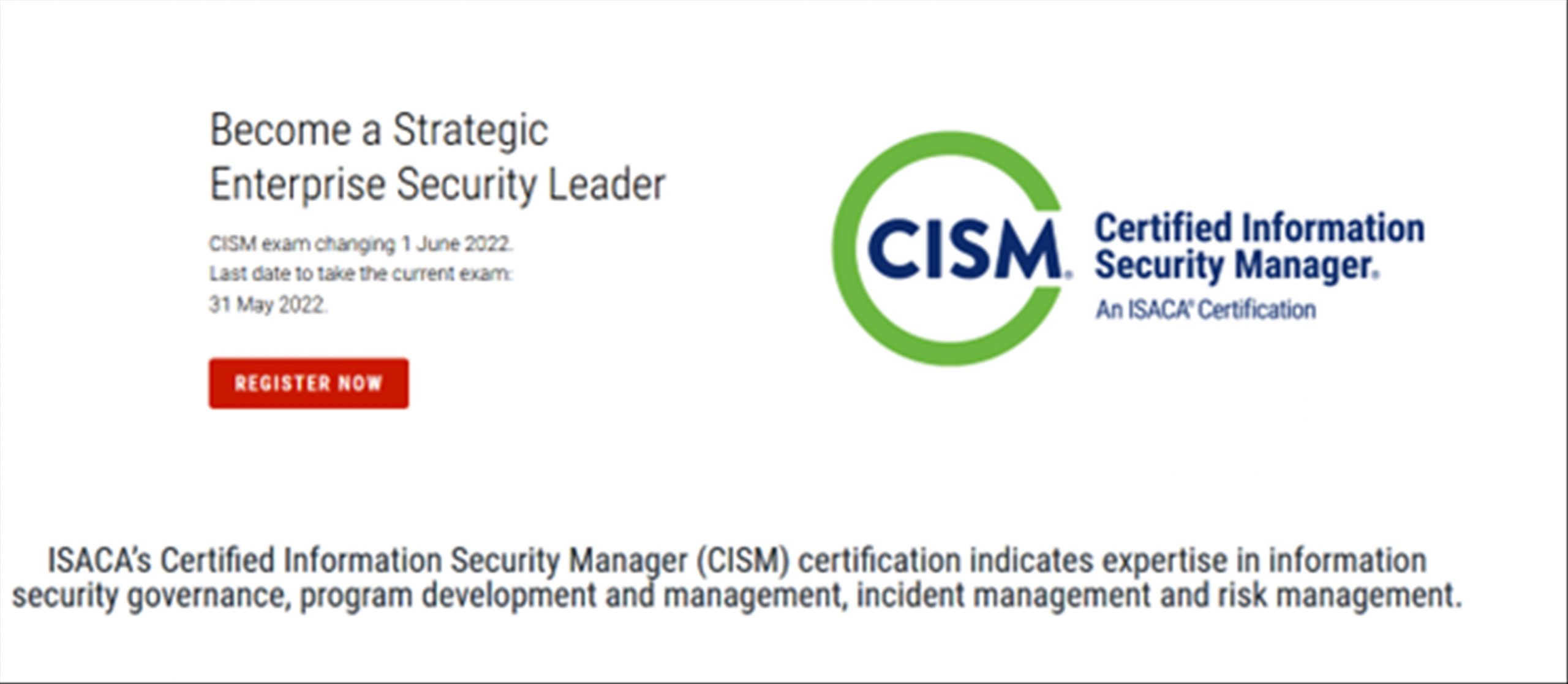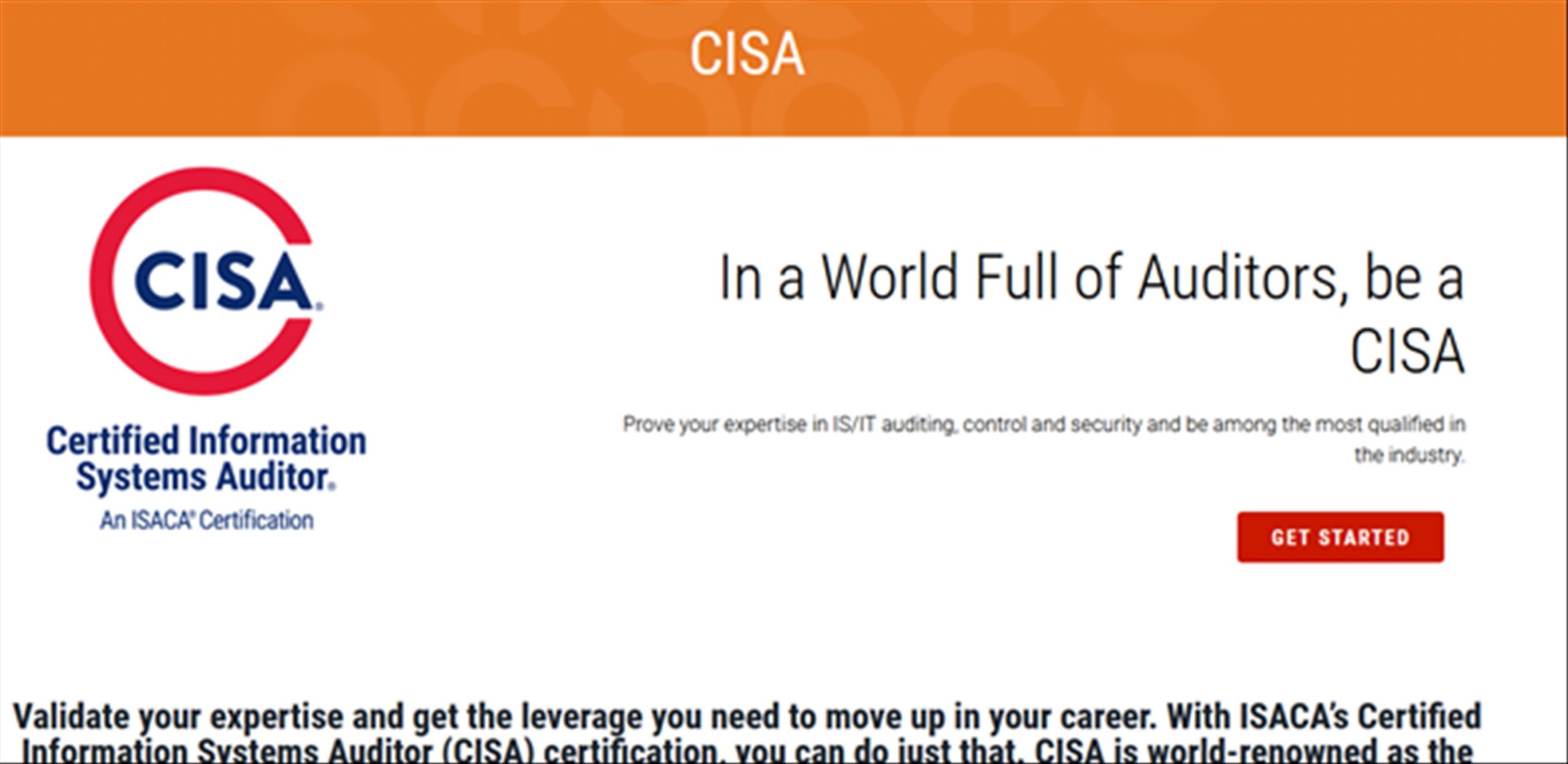
Note: This is a guest post written by Kevin Stephenson
Every organization’s IT team includes critical members. These individuals are in charge of deploying technology and performing good management of the technology available to them as well as their team. They supply the answers based on which any firm expands in the right way, having appropriate policies in place for each activity.
As IT is a demanding sector in which managers must interact with a diverse range of people, it is vital that they know what they’re doing to effectively carry out their responsibilities and tasks.
IT managers must be able to manage both the technical and business parts of a company. From a technical standpoint, managers must be knowledgeable about how to discover findings and communicate them in the correct manner so that they can make appropriate recommendations based on their findings.
For these reasons, there are a variety of certifications available to verify a candidate’s knowledge in this field. Let’s have a look at a handful of them.
CATO SASE Expert Level 1

Gartner has developed a new enterprise networking technology category called Secure Access Service Edge (SASE). They discovered that current network designs could not meet the needs of modern businesses and that networks should be built with security in mind. SASE combines network operations and security point solutions to make a single, global cloud service that can meet the changing needs of modern businesses.
Because SASE enhances networking technology, most organizations now want to implement it, and they need competent personnel to do so. The SASE Expert Level 1 certification by CATO is the best certification available since it is aligned with the requirements of SASE and contains a syllabus that is exclusively focused on it. Given that Cato Cloud was the first SASE platform, Cato Networks’ SASE Expert Level 1 certification is a well-organized course that provides a comprehensive understanding of SASE and its architecture.
This certification covers a wide range of topics, including how networks have evolved from MPLS to SD-WAN to SASE, what improvements have been made to the network, how SD-WAN and SASE differ from one another and what advantages they offer, VPNs, and other related subjects of security. To obtain the certification, apply for the CATO SASE course and then pass the certification exam with 85 percent. This certification will be most beneficial to those beginning their SASE journey.
Project Management Professional (PMP)

The Project Management Professional (PMP) certification is administered by the Project Management Institute. Candidates who wish to pursue a management career should consider obtaining it because it outlines the core management competencies that must exist in a manager when managing a project.
Using evolving methods, new trends, or customized considerations, they can operate more efficiently and effectively, allowing the applicant to achieve outcomes while incorporating his or her ideals.
A candidate’s competence in managing a project, and the tactics they use to solve problems or determine the most effective ways to remediate them in the near future are demonstrated through this certification. In particular, it addresses analytical abilities as well as forecasting tools and techniques, among other management operations. Before pursuing this certification, candidates must meet certain requirements, including having a four-year degree, 36 months of project management experience, and 35 hours of project management education/training, or holding the CAPM designation. This certification has 175 questions, and to pass, you need to get a score of at least 61 percent.
Certified Information Security Manager (CISM)

The Certified Information Security Manager (CISM) certification is administered by the ISACA, and applicants who have a decent understanding of security and compliance can pursue this certification to obtain additional knowledge in these areas and have their knowledge recognized with a certificate in the process. Candidates will have greater confidence as a result of this qualification while dealing with internal and external stakeholders, colleagues, and other professionals.
Any individual with five years of experience in information security who wants to achieve a more advanced level of understanding of IT security and controls should consider pursuing this certification. This certification covers four main areas of security, including information security governance; information risk management; incident handling and management; and security policy creation and management.
To meet all of the security and compliance standards, this certification is a good blend of security policy management and policy execution. This certification consists of 150 multiple-choice questions, and the candidate must complete it in four hours or less. Scores are calculated between 200 and 800, and candidates must obtain a score of 450+ to pass this certificate.
Certified Information Systems Auditor (CISA)

If a candidate wishes to pursue a career in the risk-based approach, including planning, executing, and reporting, as well as how to perform audit engagements, then the Certified Information Systems Auditor (CISA) certification is an excellent choice. It is made for candidates with entry-level to mid-level experience.
The CISA certification is governed by ISACA. There are different areas of security covered by this certification. For example, the auditing process, the governance and management of information technology, the development and implementation of information systems, the operation and business resilience of information systems, and the protection of information assets are all covered.
CISA has all of the technical expertise necessary to assess, design, and implement a privacy solution that will be beneficial for compliance and corporate success. To receive the certification, the candidate must pass a four-hour test consisting of 150 multiple-choice questions with a passing score of around 55%. The examination is open book.
Conclusion
There is no doubt that certifications help candidates advance their knowledge and shine in their careers by distinguishing them as the best among a large number of applicants. Candidates must put in the effort, such as constant study, and finding the right certifications for their careers.
There are numerous certifications available on the market, but the selection of one relies on the individual’s desire, talents, and experience, among other factors. So, before moving forward with any certification, make sure these criteria are clear. Only then can you make a decision based on accurate information.






